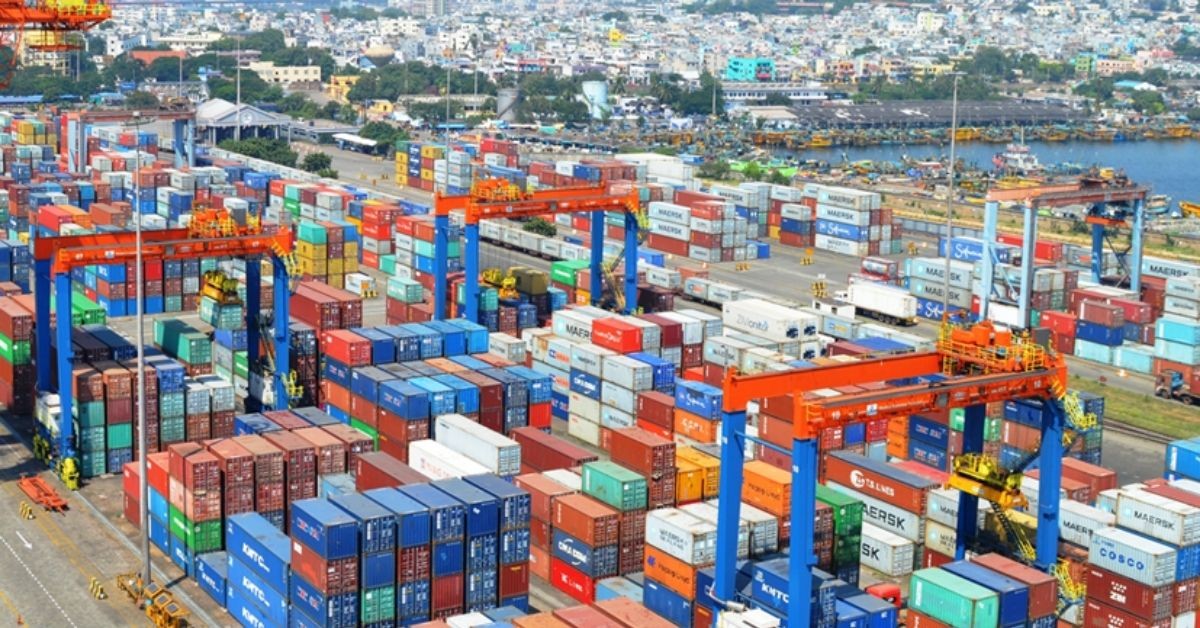Following Russia’s invasion of Ukraine two weeks ago, the global seaborne commodities trading map is still being rebuilt at a breakneck speed.
The US announced a ban on Russian oil and other energy imports yesterday.
In remarks from the White House, President Joe Biden declared, “We’re prohibiting all imports of Russian oil, gas, and energy.” “This means Russian oil will no longer be accepted at US ports, and the American people will give Putin’s war machine another heavy blow.”
This will only apply to energy imports into the United States. The United Kingdom plans to enact such a prohibition “before the end of the year.”
Other European allies are not expected to join the US in the ban, at least for the time being. German chancellor Olaf Scholz said that although Berlin supported tough measures against Moscow, Russian energy supplies remained “essential” for daily life in Europe.
Russia exported 8.2 million tonnes of crude oil to the United States in 2021, accounting for 3.9 percent of Russia’s seaborne crude exports and less than 3% of overall crude exports including pipelines.
In comparison, Russia exported 114.2 million tonnes of crude oil to the European Union in the same year, accounting for 53.9 percent of Russia’s seaborne crude exports, plus another 40 million tonnes through pipeline.
Russia sent 4.3 million tonnes of clean oil products to the United States last year, accounting for 6% of Russia’s seaborne clean product exports.
Russia sent 41.9 million tonnes of clean oil products to the EU in the same year, accounting for 57.9% of Russia’s seaborne clean product exports.
Russia did not export any natural gas to the US at all last year while shipping 12.1m tonnes of LNG to the EU, plus three times as much by pipeline.
“Whilst a ban on Russian energy exports to the USA is significant, it’s a drop in the ocean compared to the trade between Russia and the European Union, which remains the much bigger prize,” commented Ralph Leszczynski from Bancosta Research.
The European Commission yesterday outlined plans to rid the continent’s dependency on Russian natural gas by two-thirds by the end of the year, in a plan called REPowerEU.
Meanwhile, the war and subsequent sanctions are seeing ships and cargoes pile up at ports across Europe.
Leading liners – with the notable exception of COSCO – have stopped calling at Russia and its ally Belarus.
Israeli maritime data firm Windward has since detected a spike in congestion at ports across much of Europe, as many boxships reroute.
Ports in Cyprus, Bulgaria, Latvia and Finland are experiencing a sudden spike in congestion of between 40 to 80%, according to Windward.
Alphaliner noted in its most recent weekly report that the withdrawal of shipping services calling at Russia and Ukraine is resulting in a significant re-routing of cargoes, exacerbating the backlog of containerised freight in ports and terminals, many of which are already suffering from severe congestion problems.
“More congestion means more shipping capacity held up, and further pressure on the supply of tonnage, which can only contribute to keeping charter rates at sky-high levels,” Alphaliner predicted.
Christian Roeloffs, co-founder and CEO of Container xChange, commented: “Due to ongoing disruption to shipping in the Black Sea we expect container build-ups at ports to exacerbate at storage areas across the region.”
In dry bulk one of the big changes in regional trading patterns detected by shipping platform Sea/ has been a very big buildup of bulk carriers anchored off Constanza, a Romanian port in the Black Sea.








